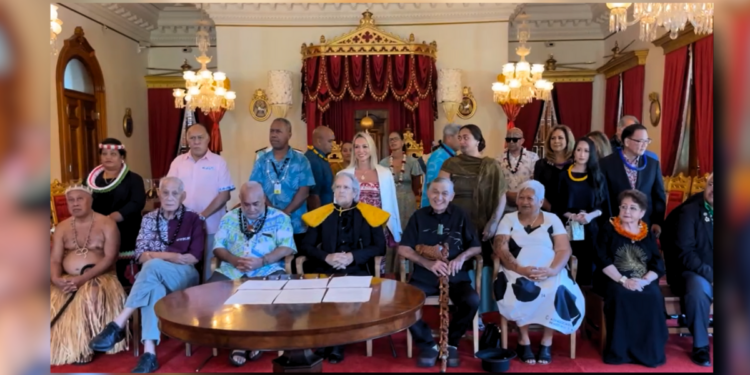[ad_1]
Source link : https://www.hawaiipublicradio.org/local-news/2024-06-13/pacific-leaders-of-5-island-nations-forge-a-political-alliance-in-hawaii
Author :
Publish date : 2024-06-13 22:08:00
Copyright for syndicated content belongs to the linked Source.





